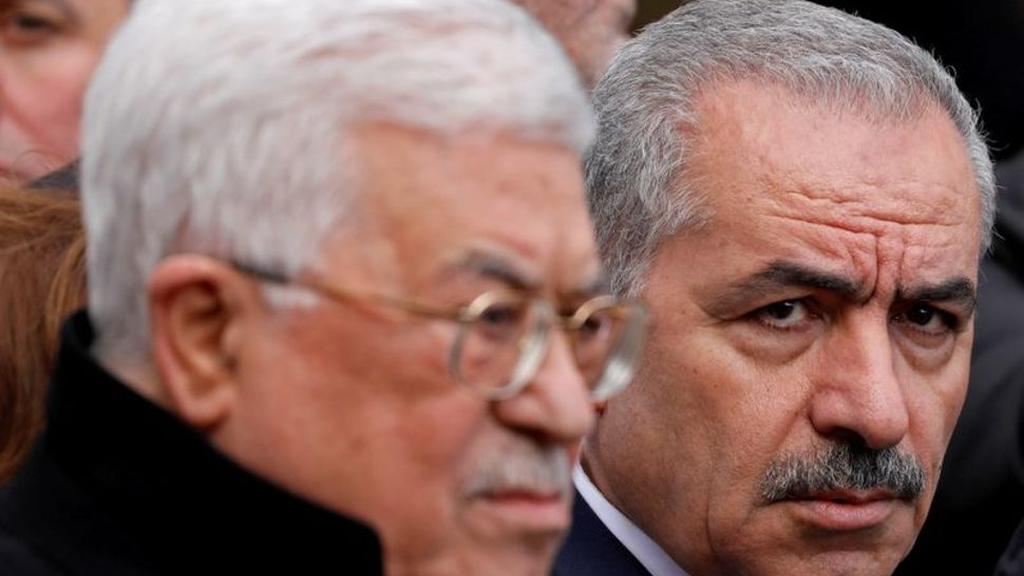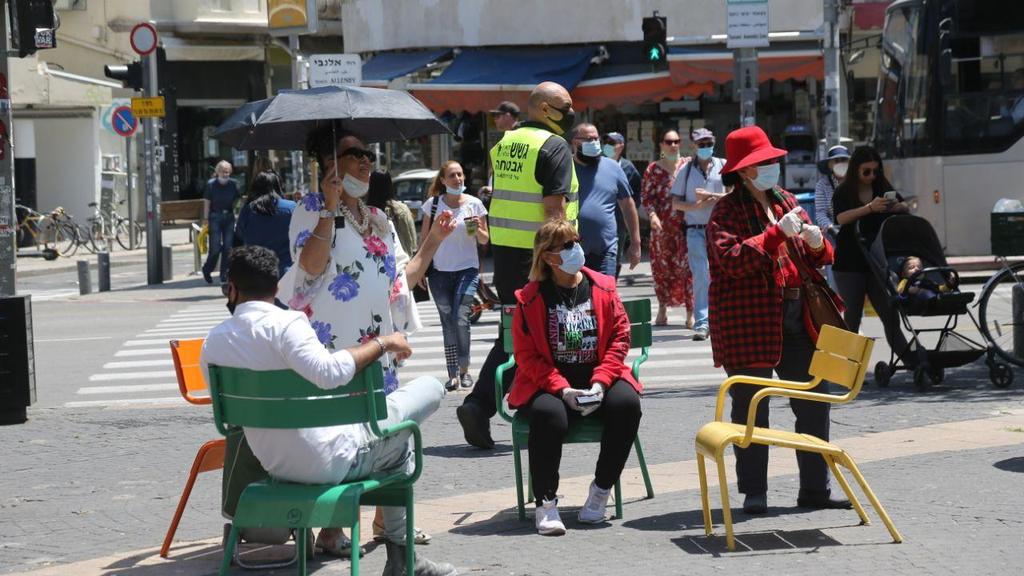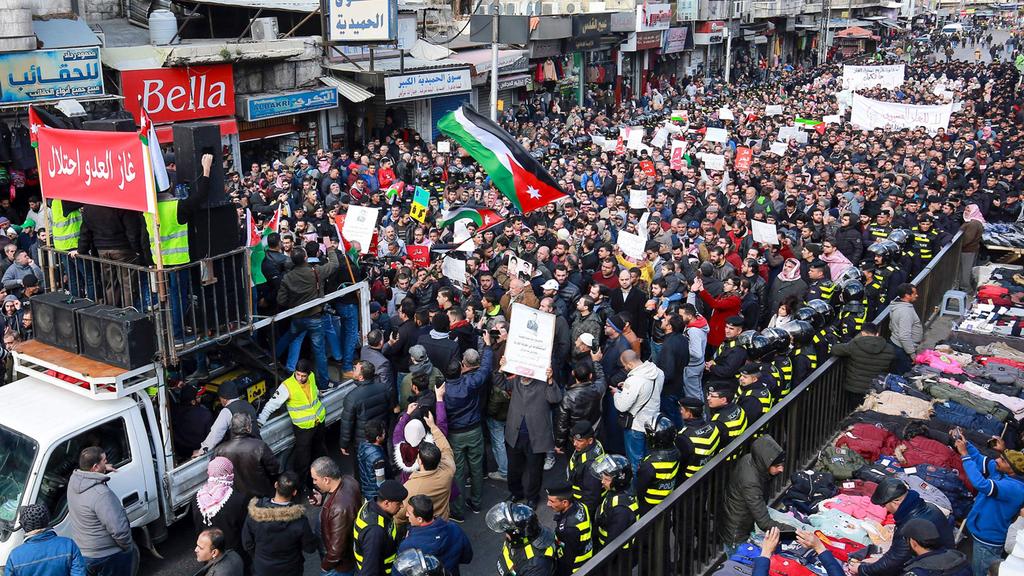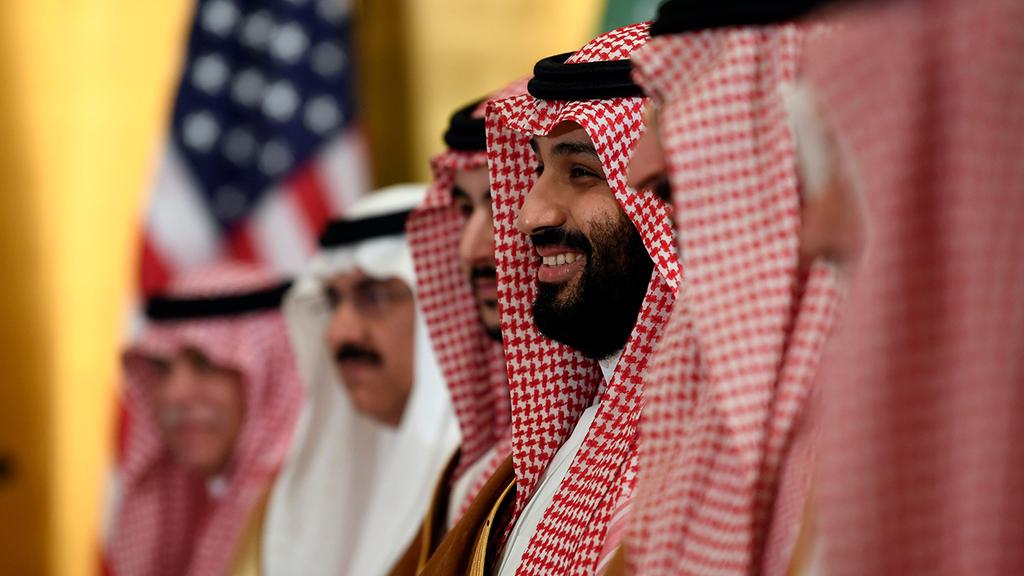Getting your Trinity Audio player ready...
The coronavirus threat is abating slowly around us, and the region’s countries (with the exception of Iran) have come through the crisis in good, or even very good, overall medical condition.
Now is the time for the various nations to assess the economic damage they endured - and while it is clear the damage to every economy is severe, the question is how severe, and whether there will be someone to help.
When it comes to the Palestinians, the handling of the crisis can be seen as a prologue to the day after President Mahmoud Abbas steps down. For while the Palestinians do not have an actual country, their "deep state" capabilities have surely proven effective.
Palestinian Prime Minister Mohammad Shtayyeh, the Palestinian Authority government ministries and security organizations all operated effectively, and while Abbas mostly disappeared during the crisis, bar the occasional speech, the residents of the PA put their trust in their officials.
Even attempts to open mosques by force were defeated.
There was close collaboration with Israel, while at the same time (as usual) the PA leadership incited against the Jewish state, which they declared was determined in its efforts to infect Palestinians with the coronavirus.
If anyone was wondering whether anybody actually believes this incitement, the answer is yes. As Palestinian workers returned to work in Israel, many of them were so scared of coming in contact with locals that they refused their change from shopping or their morning coffee.
4 View gallery


Palestinian Prime Minister Mohammad Shtayyeh and President Mahmoud Abbas
(Photo: Reuters)
Once again, the West Bank and Gaza operated in two different dimensions. Hamas fared well during the crisis, but the organization’s leader in Gaza, Yahya Sinwar, quickly returned to his favorite habits of threatening Israel and discussing prisoner exchange deals.
Abbas is also trying to resume his usual routine, mainly decrying Israel's annexation of the Jordan Valley, but it seems he is having a hard time gaining momentum.
The Jordanians also fared well during the crisis, which gave the government and King Abdullah a much-needed boost to popularity.
In fact, Jordan is trying to market its success against the virus and brand itself as a “clean” country that will be among the first to welcome back tourists.
If the situation between Jordan and Israel were different, a collaboration in that regard could have been on the table. But Jordan has cooled its relationship with Israel even further, officially avoiding any unneeded connection, and not even the annual stilted phone call ahead of Ramadan.
The Palestinians are weak, and Saudi Arabia and Egypt are unwilling to come to blows with the administration of U.S. President Donald Trump, meaning that any pressure regarding Israel’s annexation would come from Jordan.
And while Jordan is not publicly threatening to cancel the peace agreement with Israel, as the date of the annexation draws closer, it is safe to assume they will try to pressure the U.S. by threatening to revoke the 26-year-old deal or perhaps even take some other unusual measure.
The Jordanians hope they will once again have the ear of Trump’s senior advisor, Jared Kushner, or Blue & White’s leadership, and thwart the annexation.
In Saudi Arabia, the coronavirus epidemic was apparently not enough to deal with, and the collapse of the global energy market also contributed to a price war between Russia and Saudi Arabia, which increased its supply to monstrous proportions just as demand plummeted to zero.
In the eye of the storm stood Saudi Arabian Crown Prince Mohammed bin Salman, who once again demonstrated his tendency to walk on the edge. Only this time his tendency came in direct conflict with American interests, prompting U.S. senators to threaten to cease all military aid to the kingdom.
Indeed, Salman may have weakened Saudi Arabia’s competitors in the U.S. oil market, but he closed several high profiles doors for himself in Washington.
Salman’s audacity is also characterized by his tendency to give a stage to critics of the Palestinian leadership, and for his calls for normalization with Israel.
Here too there are disagreements within the Saudi Arabian royal family, resulting in the disappearance of pro-Israel articles, and sudden calls of support for the Palestinians.
As of 2020 though, it would take far worse to threaten Salman's status as the Saudi Arabian heir apparent.




